Ureteroscopy
Ureteroscopy is a procedure for diagnosis or treatment of the bladder and urinary tract.
During the procedure, a thin tube with an eyepiece at the end (an endoscope) is inserted into the ureter. The procedure allows real time inspection of the urinary tract from the inside using visualization to identify changes in the mucous membrane of the ureter and calculi, if any.
Ureteroscopy is employed to diagnose neoplasms of the ureter and renal pelvis, since it allows visualizing the tumor in real time and performing its biopsy (using special forceps to take a small piece of tissue for histological examination).



The procedure is performed under general anesthesia and lasts 20 - 40 minutes. Before ureteroscopy it is necessary to undergo a clinical and laboratory examination and receive an opinion from an anesthesiologist. The procedure is carried out on an empty stomach; you cannot eat for 6 hours and drink for 4 hours.
Urethroscopy is not performed if a patient is in a serious somatic condition.
The cost of the service includes:
- service;
- anesthesia;
- hospital stay (2 hours);
- medicines.
Our services
More about urology at Dobrobut
Our team
Our advantages
Our clinics
ISO certificates
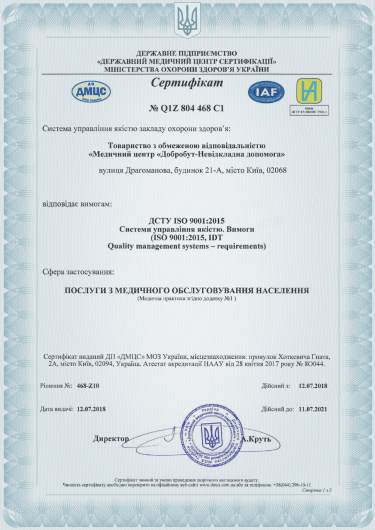
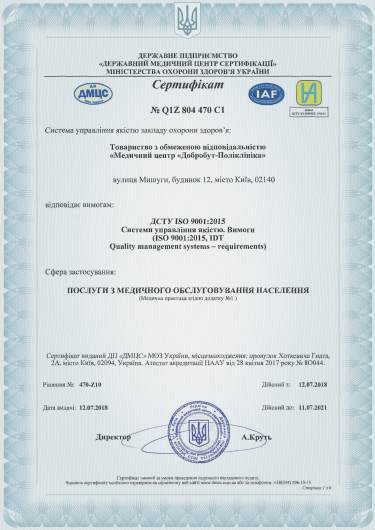
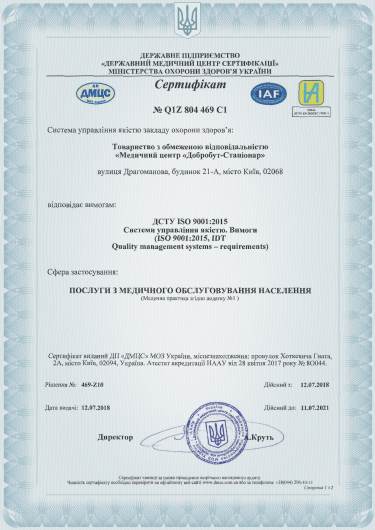
Accreditation certificates
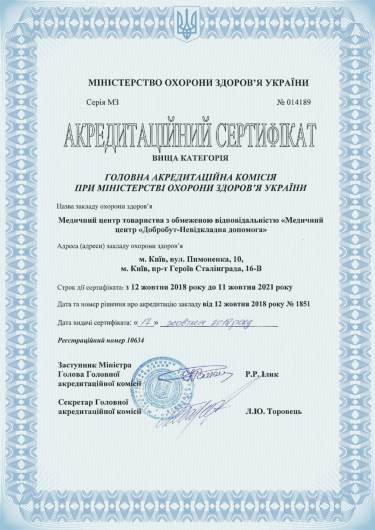
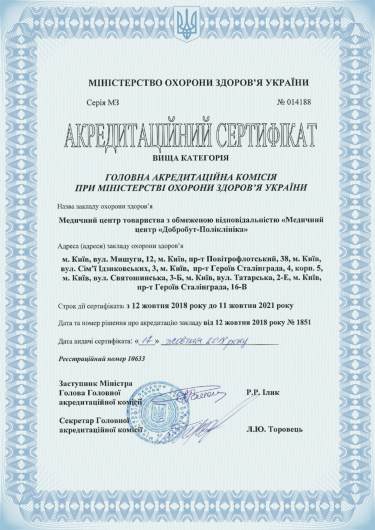
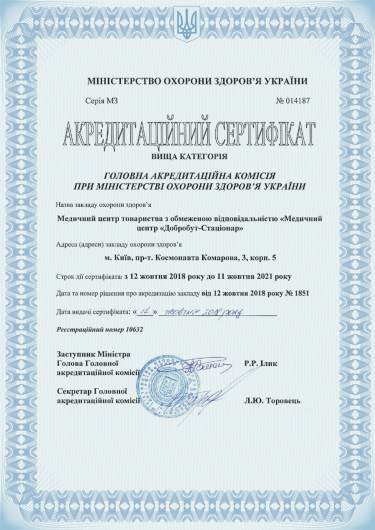
Medical practice licenses

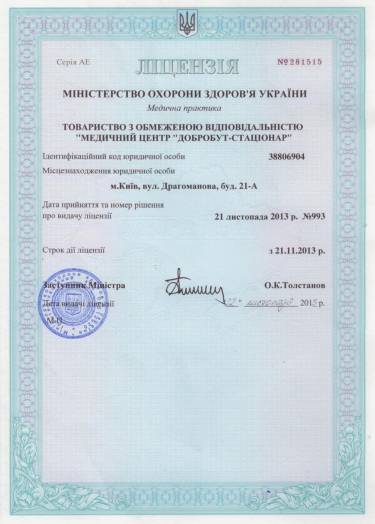




























%402x.png)
%402x.png)
